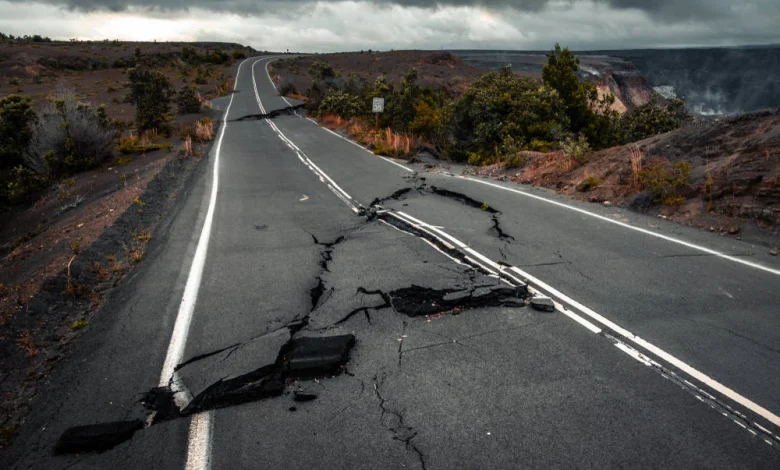Cloudflare logs a turbulent Q3 online

Cloudflare’s latest internet disruptions report reads like a global disaster log, with exam-related shutdowns, natural calamities, stray bullets, and even a Starlink software failure all taking chunks out of global connectivity.
In its Q3 2025 internet disruption summary, the content delivery network said it observed “a wide variety of known causes” for global outages between July and September – from government-directed shutdowns in Sudan, Syria, and Iraq to cable cuts in Angola, Haiti, and the United Arab Emirates, along with power failures, cyberattacks, and natural disasters.
“Once again, we unfortunately saw a number of government-directed shutdowns,” Cloudflare wrote, noting that “damage from an earthquake and a fire caused service disruptions, as did a targeted cyberattack.”
During exam season, Iraq, Syria, and Sudan once again pulled the plug on the internet to stop students cheating. In Syria, officials even bragged that they’d dismantled “organized exam cheating networks… using advanced electronic technologies and devices.” Cloudflare said the short, repeated outages “fit the pattern of short-duration disruptions repeating across multiple days,” noting that similar tactics had been used in previous years.
Elsewhere, Venezuela experienced what Cloudflare called “a slightly more unusual government-directed shutdown” when local provider SuperCable was ordered offline after losing its license. Connectivity vanished within minutes on August 18 and “remained shut down through the end of the quarter,” leaving thousands without internet access.
Infrastructure damage was a recurring culprit. In the Dominican Republic, fiber cuts caused by public works halted traffic for several hours, while in Angola, a disruption blamed on roadworks “resulted from public road works that affected the national fiber optic interconnections.” NGOs in the country, however, accused authorities of using the outage to suppress protest activity. In Haiti, a dual fiber break slashed Digicel’s traffic by 80 percent, and in the United Arab Emirates and Pakistan, simultaneous cable cuts in the Red Sea slowed or stopped traffic across multiple carriers.
The United States wasn’t spared either. Cloudflare said that on September 26, a stray bullet damaged a fiber cable in the area of Dallas, Texas, causing a two-hour disruption for Spectrum customers. While the outage was relatively short-lived, it underlined the fragility of terrestrial infrastructure.
Natural and accidental disasters also made their mark in Q3. A fire at Egypt’s Ramses Central Exchange “disrupted telecommunications services for a number of providers,” including Vodafone and Orange, and an 8.8-magnitude earthquake that struck Russia’s Kamchatka Peninsula “caused immediate impact to internet traffic across several networks in the region.” Cloudflare noted that traffic dropped by 75 percent or more on some providers before slowly recovering.
In Yemen, meanwhile, a targeted cyberattack on August 11 took down the Houthi-controlled YemenNet network, cutting traffic by half within minutes. The company said this “aligns with the reported timing and duration of the attack,” which hit YemenNet’s ADSL infrastructure, even disrupting the network’s routing, with the number of announced IP address blocks plunging by nearly 40 percent.
Even space-based systems weren’t immune. Starlink, the satellite broadband provider operated by SpaceX, suffered a global outage on July 24, which the company blamed on a software failure. “The outage was due to failure of key internal software services that operate the core network,” a SpaceX vice president explained after acknowledging the disruption on X.
As ever, Cloudflare cautioned that its quarterly summary “is not an exhaustive or complete list” of incidents, but instead reflects confirmed and observable anomalies across its network.
“These anomalies are detected through significant deviations from expected traffic patterns,” the company noted, underscoring that even in 2025, the world’s internet can still be taken offline by a bureaucrat, a backhoe, or, occasionally, a bullet. ®





